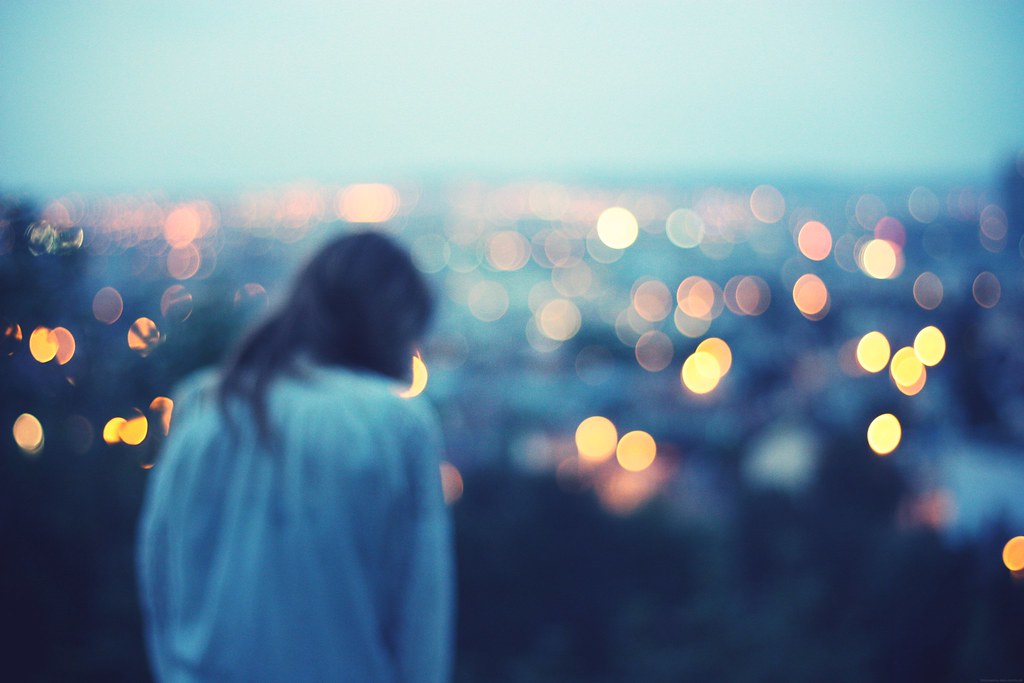I have given up. I have given up a huge dream of mine.
If you know anything about me, you will know that I do not give up. I just don't do it. Because to me, giving up means failure, and failure? Failure is the worst possible fate.
So here I am giving up and still breathing. I haven't raged, I haven't hurt myself. There has been some crying, but it's been the kind of quiet, civilised crying that you don't mind others seeing because it's not all puffy eyes and snot everywhere.
In fact, it's all been a study in self-help. Very calm and very fashionably downshift-y.
How did this happen?
Ever since August I've been doing some of the most scary and important things I've done so far in my life. Final exams, university applications, along with everything else. I've been going quietly crazy, losing my foothold on real life one toe at a time.
Every day I've had to tell myself over and over that I am capable and worthy and every day I've been feeling less so. I've set myself ridiculously high goals and I've sacrificed a lot of my friendships, a lot of sleep, a lot of my stability for all that. I won't go into too many details but let's just say, applying to British universities while studying in Finland? Not the easiest route to take, no matter how prepared you are.
When my stress levels get high enough, I lose my sense of perspective. Whoosh. Gone.
I enter a second dimension of my own making where I believe it's completely normal to be this stressed out. To be so tired and to feel so worthless that sometimes, for weeks at a time, I would arrive home in the evening and cry. Some days I could feel the tears building up all day. Some days all I could do was wait until I got home.
Yes, I actually looked forward to getting home so I could have a good cry and crawl into bed afterwards and hope for sleep. That is exactly how crazy it got. And I still thought it was normal and somehow okay.
It took me a lot to get to this point, this point where I'm actually lessening my load.
The doubt crept up gradually, in the form of questions. Why am I doing this? Is this worth all the pain? Can I go on like this much longer? Why doesn't the future excite me anymore, why does it make me feel apprehensive instead? Why are my dreams making me feel worthless and undeserving, when they should give me hope?
And so I'm letting go of a big, unrealistic dream of mine because now is not the time for me to pursue it. Not when I can't take care of myself.
Although the disappointment is, at times, crippling, the relief more than makes up for it. I don't yet know how royally I've fucked up. I don't know if I'm a fuck-up at all. I honestly haven't wrapped my head around all this yet.
No matter how much I'd love to be the person I want to be, the person who Never Screws Up, Ever, and is never weak or scared or tired or on the brink of a collapse - well. It's not entirely realistic, is it.
Because I have to be who I am. Weak, scared, tired, sometimes. On the brink of something or other, always.
And I'm eighteen, for crying out loud. I do believe everyone has one chance to fuck up their lives, as sung by Noah and the Whale. And to be quite honest, I hardly think this is my grand fuck-up.
A grand give-up, maybe, but that actually doesn't sound so bad. Giving up.
Phrasal verbs are lovely because when you split them up, slide apart the verb and the adverb or preposition, there are whole new meanings to dissect.
This is what my Oxford Dictionary has to say on the matter:
give, verb cause or allow (someone or something) to have or experience (something)
up, adverb towards a higher place or position
And that doesn't sound so bad after all.
So, through the minor panicking and the occasional feeling of disbelief, I'm gathering up my scattered pieces. I will trust my heart, or more likely my guts, with this and I will believe the people around me who have been kind enough to tell me I'm doing the right thing.



